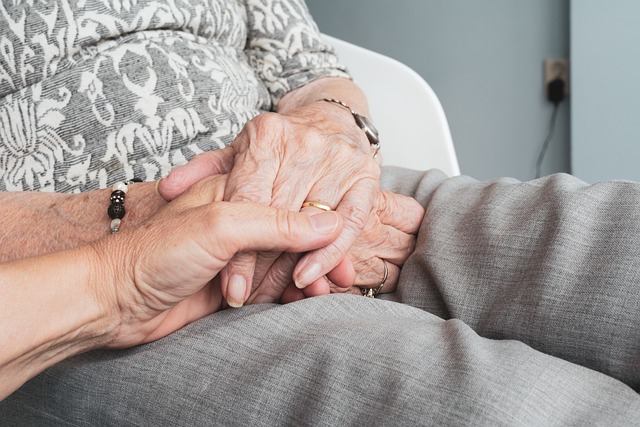Recognizing when a loved one requires senior living can be challenging. It’s a sensitive topic that demands careful consideration. As our parents and grandparents age, their needs often change in ways that may not be immediately apparent. It’s crucial to approach this situation with empathy and understanding, balancing your loved one’s desire for independence with their need for safety and care.
By learning to recognize these signs early, you can initiate important conversations and make informed decisions that prioritize your loved one’s well-being and quality of life. This guide will help you identify key indicators that suggest it might be time to become a resident at Glenview.
Declining Physical Health
Watch for physical changes. These can be subtle at first. Has your loved one lost weight unexpectedly? Do they struggle with daily tasks? Pay attention to their mobility and balance. Frequent falls or difficulty navigating their home may signal a need for additional support.
Look for signs of chronic health conditions worsening. This could include diabetes, heart disease, or arthritis. If managing medications becomes overwhelming, it’s a red flag. Senior living facilities often provide medication management services.
Changes in Personal Hygiene
Personal care habits can reveal a lot. Has your loved one’s appearance changed? Look for unkempt hair, body odor, or wearing dirty clothes. These may indicate they’re struggling with self-care. Neglected oral hygiene is another concern to watch for.
Some seniors find bathing difficult or scary as they age. If your loved one avoids showering or bathing, it could be a sign they need assistance. Many senior living communities offer help with these daily tasks.
Cognitive Decline
Memory issues are common as we age. However, significant cognitive decline may warrant professional care. Watch for signs of confusion or disorientation. Does your loved one get lost in familiar places? Do they forget important dates or events?
Pay attention to their decision-making abilities. Are they making poor financial choices? Do they fall for scams more easily? These could indicate cognitive impairment. Senior living communities often have memory care units designed for those with dementia or Alzheimer’s.
Social Isolation
Loneliness can have serious health consequences for seniors. Has your loved one withdrawn from social activities? Do they rarely leave the house? This isolation can lead to depression and cognitive decline.
Senior living communities offer built-in social opportunities. They provide a chance for seniors to engage with peers and participate in organized activities. This social aspect can greatly improve quality of life.
Safety Concerns at Home
Assess your loved one’s living environment. Are there potential hazards? Look for loose rugs, poor lighting, or cluttered walkways. These increase the risk of falls. Check if they’re using appliances safely. Forgotten stoves or overflowing sinks can be dangerous.
Consider their ability to respond to emergencies. Can they call for help if needed? Do they remember to lock doors and windows? Senior living facilities offer secure environments with staff available 24/7.
Caregiver Stress
Evaluate the impact on family caregivers. Are you or other family members feeling overwhelmed? Caregiver burnout is real and can affect both the caregiver and the senior. If providing care is straining relationships or impacting your health, it may be time to consider alternatives.
Senior living can provide professional care while allowing family members to return to their role as loved ones rather than full-time caregivers.
Making the Decision
Deciding on senior living is rarely easy. It’s important to involve your loved one in the conversation when possible. Research different options available in your area. Visit facilities and ask questions. Remember, the goal is to ensure your loved one receives the care and support they need to thrive.







Recent Comments